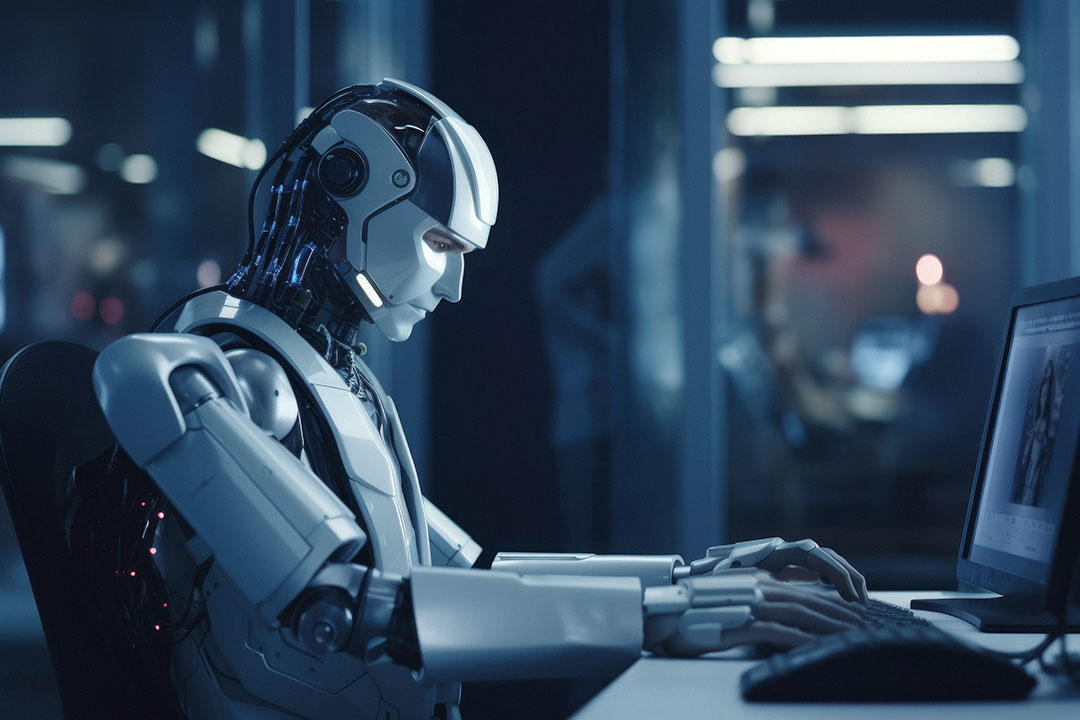
By Beatriz Marie D. Cruz, Reporter
THE Philippines’ adoption of artificial intelligence (AI) this year are expected to be hampered by supply chain vulnerabilities and the digital skills gap, according to software firm Hitachi Vantara.
“Supply chain issues are a significant challenge in adopting AI technologies, and the Philippines is no exception,” Matthew Hardman, chief technology officer for Asia-Pacific at Hitachi Vantara, said in an e-mail.
“These challenges manifest in several ways, including difficulties in accessing hardware, software, talent, and regulatory frameworks needed to build and sustain AI systems effectively.”
Around 54% of organizations globally identified supply chain challenges as the biggest barrier in achieving cyber resilience, according to the World Economic Forum’s Global Cybersecurity Outlook for 2025.
“Supply chain disruptions, like the global semiconductor shortage, have made this hardware more expensive and less predictable. For the Philippines, which is still developing its digital infrastructure, this poses a significant barrier to scaling AI solutions,” Mr. Hardman added.
While the Philippines is making steady progress in adopting AI, its adoption rates and maturity levels lag those of its regional counterparts like Malaysia and Singapore, he also said.
Compared to its ASEAN (Association of Southeast Nations) peers, the Philippines’ AI adoption remains hampered by limited talent, a fragmented digital infrastructure, and lower public and private sector investment in research and development, Mr. Hardman said.
To strengthen AI adoption this year, businesses must consider partnering with a reputable data infrastructure companies to gain access to advanced tools, expertise, and best practices in data management.
Mr. Hardman also cited the need for increased public-private partnerships, streamlined regulatory frameworks for data sharing and AI adoption, and expanded AI-focused education and training.
“Strengthening the digital backbone, including broadband connectivity and local manufacturing of critical components, can help to reduce reliance on international supply chains and support the seamless operation of AI systems,” he also said.
